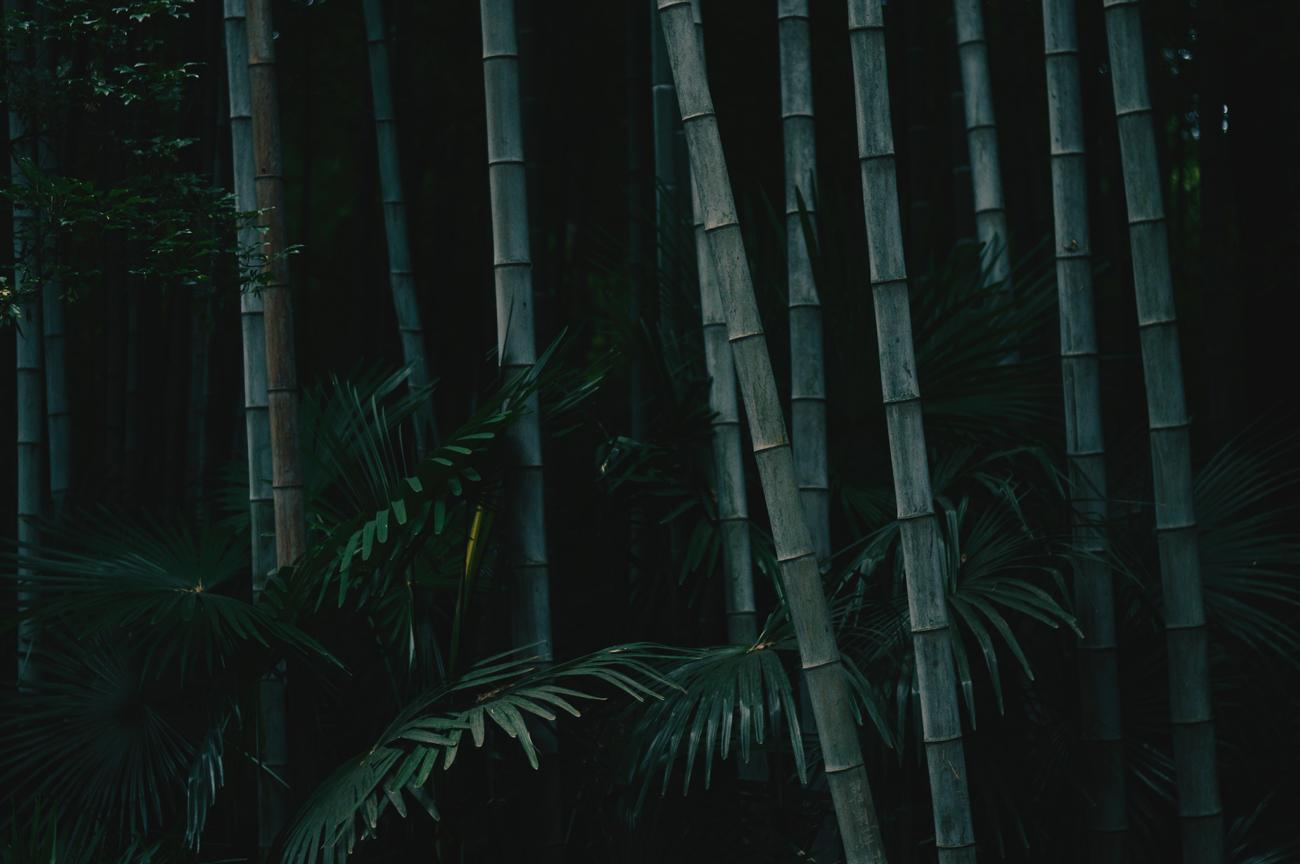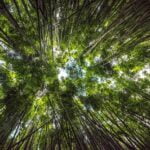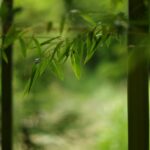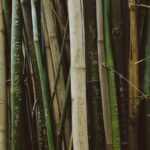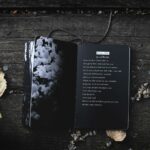Welcome to the world of bamboo fabric, where sustainability meets style! In this article, we will unveil the captivating wonders of bamboo fabric by uncovering some fun facts and its eco-friendly benefits. Get ready to be amazed as we explore the softness, moisture-wicking properties, breathability, and its potential to reduce our environmental impact. So, fasten your seatbelts and prepare to dive into the fascinating world of bamboo fabric!

Fun Facts About Bamboo Fabric
Bamboo fabric is a truly fascinating material that has gained popularity in the world of sustainable fashion. From its production process to its eco-friendly properties, here are some fun facts that will pique your interest in this remarkable fabric.
1. Bamboo fabric is made using an innovative production process: Unlike traditional fabric production methods that extract cellulose from plants, bamboo fabric is created using a natural enzyme on crushed bamboo wood fibers. These fibers are then washed and spun into yarn, resulting in a fabric with unique qualities.
2. The fabric made from bamboo is sometimes referred to as bamboo linen: Its softness and texture resemble a luxurious blend of silk and cotton. In fact, many people compare it to the softness of cashmere, making it a delight to wear against the skin.
3. Bamboo fabric offers exceptional comfort and irritation-free wear: The naturally smooth fibers of bamboo fabric lay flat against the skin, limiting skin irritation and sensitivity. Its hypoallergenic properties make it an ideal choice for those with sensitive skin or allergies.
4. Bamboo fabric is highly moisture-wicking and breathable: Its excellent moisture absorption and ventilation properties ensure that the fabric stays dry and comfortable, even in humid conditions. This makes bamboo fabric a fantastic choice for activewear and clothing suitable for warm weather.
5. Bamboo fabric provides natural insulation: It has insulating properties that help regulate body temperature, keeping you cool in the summer and warm in the winter. Whether you are lounging at home or engaging in outdoor activities, bamboo fabric provides a comfortable and climate-responsive experience.
6. Bamboo fabric is naturally antibacterial and odor-resistant: This attribute is particularly beneficial for activewear and socks, as it helps eliminate odor-causing bacteria. Additionally, bamboo fabric’s moisture-wicking properties inhibit the growth of bacteria, keeping you fresh and odor-free throughout the day.
7. Bamboo fabric is both eco-friendly and sustainable: Bamboo is a fast-growing plant that does not require the use of fertilizers to grow, as it can self-mulch. It also releases more oxygen than any other tree, contributing to a healthier environment. Choosing bamboo fabric is a conscious decision to support sustainability and reduce the impact on our planet.
8. Bamboo fabric is highly durable: Despite its incredible softness, bamboo fabric is made to last. Its durability ensures that your clothing and other fabric products will withstand regular use and maintain their quality over time. This longevity is a testament to the versatility and resilience of bamboo fabric.
9. Bamboo fabric finds wide applications: Due to its softness and hypoallergenic properties, bamboo fabric is often used for sheets and bedding, providing a comfortable and safe sleep environment. Its moisture-wicking and ventilation properties also make it an excellent choice for towels, bathrobes, and baby clothing.
In conclusion, bamboo fabric is a remarkable textile that offers a multitude of benefits. From its incredible softness and moisture-wicking properties to its eco-friendly nature and versatility, bamboo fabric has carved a niche in the sustainable fashion industry. Whether you’re seeking comfort, durability, or a conscious choice, bamboo fabric is an excellent option to consider.
“Discover the wonders of bamboo fabric – its unparalleled softness, sustainable qualities, and remarkable versatility. Embrace a greener future with this eco-friendly and fascinating textile.”
Bamboo is an incredible plant that has some truly fascinating facts associated with it. Did you know that bamboo is the fastest growing plant on Earth? It can reach its full height in just a few months! If you’re interested in learning more fun facts about bamboo, click here: fun facts about bamboo. You’ll be amazed by the versatility and sustainability of this amazing plant. So, don’t miss out on the chance to explore the amazing world of bamboo!
Fun facts about bamboo fabric – Did you know that bamboo clothing is not only trendy but also a sustainable choice? There are some interesting facts about bamboo clothing that will leave you amazed. Have you ever wondered about the surprising benefits of bamboo fiber? Bamboo fabric is not only soft and comfortable but also naturally hypoallergenic and moisture-wicking. If you’re looking for unusual textiles, bamboo has got you covered. Discover more about the fascinating world of bamboo clothing by clicking here: interesting facts about bamboo clothing.
Now, let’s dive deeper into the world of bamboo fiber. Did you know that bamboo fiber has some truly surprising qualities? From its incredible strength to its natural antibacterial properties, bamboo fiber is a remarkable material. If you’re curious to learn more about the surprising facts surrounding bamboo fiber, click here: surprising facts about bamboo fiber.
But wait, there’s more! Bamboo textiles offer a unique and sustainable alternative to traditional fabrics. Did you know that bamboo textiles are not only eco-friendly but also incredibly soft and luxurious? If you’re interested in exploring the unusual world of bamboo textiles, click here to discover more: unusual facts about bamboo textiles.
So, whether you’re fascinated by the interesting facts about bamboo clothing, intrigued by the surprising facts about bamboo fiber, or captivated by the unusual facts about bamboo textiles, there’s something for everyone in the world of bamboo fabric. Embark on your bamboo journey and discover the wonders waiting for you. Happy clicking!
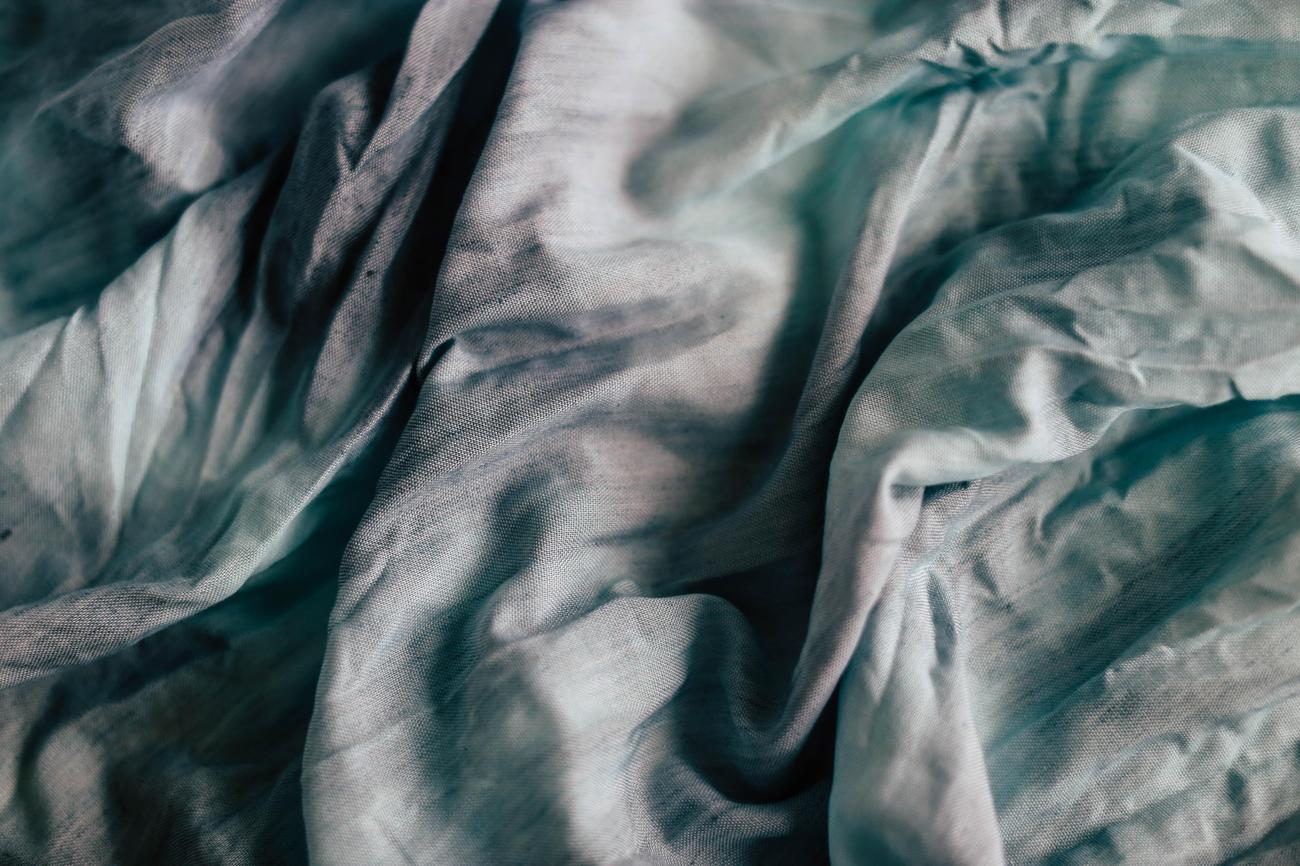
FAQ
Question 1: How is bamboo fabric made and why is it sometimes called bamboo linen?
Answer 1: Bamboo fabric is made using a production process that does not extract cellulose. Instead, a natural enzyme is used on crushed bamboo wood fibers, which are then washed and spun into yarn. This fabric made from bamboo fibers is sometimes referred to as bamboo linen.
Question 2: What are the unique qualities of bamboo fabric?
Answer 2: Bamboo fabric is incredibly soft and has a texture that is a combination of silk and cotton. It is often compared to the softness and luxurious feeling of cashmere. The naturally smooth fibers of bamboo fabric lie flat against the skin, limiting skin irritation and sensitivity. It is also hypoallergenic, has excellent moisture absorption and ventilation properties, and is antibacterial and odor-resistant.
Question 3: Does bamboo fabric have any benefits for different seasons?
Answer 3: Yes, bamboo fabric has insulating properties that help keep the wearer cool in the summer and warm in the winter. Its ability to regulate temperature makes it suitable for year-round use.
Question 4: Is bamboo fabric environmentally friendly?
Answer 4: Yes, bamboo fabric is considered eco-friendly. Bamboo is a fast-growing and sustainable plant that does not require the use of fertilizers to grow, as it can self-mulch. Additionally, bamboo is the fastest-growing plant in the world and releases more oxygen than any other tree. Choosing bamboo fabric as an alternative to other fabrics can reduce environmental impact.
Question 5: What are some common uses of bamboo fabric?
Answer 5: Bamboo fabric is often used for sheets and bedding due to its softness and hypoallergenic properties. It is also used in clothing, towels, and other textile products. The durability of bamboo fabric makes it a long-lasting choice for various applications.
- Unlock Water’s Symbolism: A Cross-Cultural Exploration - April 20, 2025
- Identify Black and White Snakes: Venomous or Harmless? - April 20, 2025
- Unlocking Potential: Origins High School’s NYC Story - April 20, 2025
